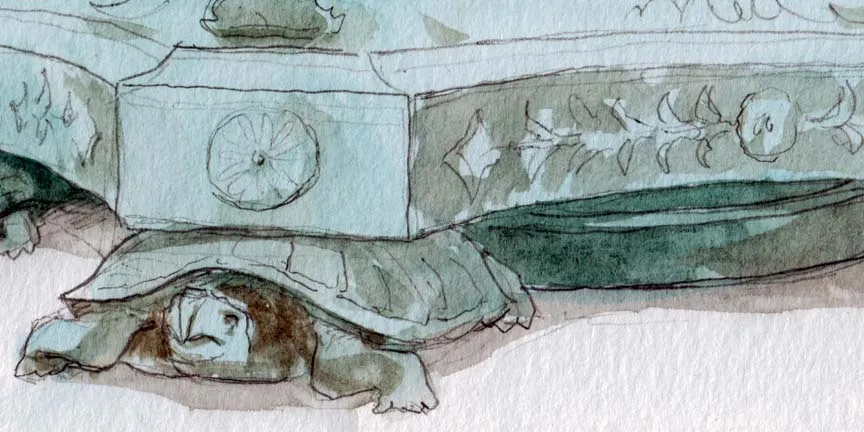Petitions of the week

This week we highlight petitions pending before the Supreme Court that address, among other things, the reach of the Clean Water Acts permitting requirement, the constitutionality of establishing personal jurisdiction over a defendant based on the contacts of a defendants alleged co-conspirators, and the categorical classification of an indivisible state statute that criminalizes false agency endorsement.
Thepetitions of the week are:
Issue:Whether the due process clause permits a court to exercise personal jurisdiction over a nonresident defendant based on the contacts of the defendants alleged co-conspirators with the forum state, as the court below held; or whether the due process analysis looks only to the defendants own contacts with the forum state and not those of alleged co-conspirators, as the Nebraska and Texas Supreme Courts have held.
Issue:Whether Section 102(c) of the Illegal Immigration Reform and Immigrant Responsibility Actwhich grants the Secretary of Homeland Security sweeping power to waive any or all legal requirements in her sole discretion, and then insulates that exercise of discretion from judicial reviewviolates the separation of powers.
Issues:(1) Whether the Clean Water Act requires a permit when pollutants originate from a point source but are conveyed to navigable waters by a nonpoint source, such as groundwater; and (2) whether the County of Maui had fair notice that a Clean Water Act permit was required for its underground injection control wells that operated without such a permit for nearly 40 years.
Issues:(1) Whether the Clean Water Acts permitting requirement is confined to discharges from a point source to navigable waters, or whether it also applies to discharges into soil or groundwater whenever there is a direct hydrological connection between the groundwater and nearby navigable waters; and (2) whether an ongoing violation of the Clean Water Act exists for purposes of the acts citizen-suit provision when a point source has permanently ceased discharging pollutants, but some of the pollutants are still reaching navigable water through groundwater.
Issue:Whether an indivisible state statute that criminalizes false agency endorsement is categorically an offense relating to … forgery and thus an aggravated felony.
Posted in Cases in the Pipeline
Cases: MCC (Xiangtan) Heavy Industrial Equipment Co., Ltd. v. Liebherr Mining & Construction Equipment Inc., Animal Legal Defense Fund v. Department of Homeland Security, County of Maui, Hawaii v. Hawaii Wildlife Fund, Kinder Morgan Energy Partners, L.P. v. Upstate Forever, Williams v. Whitaker
